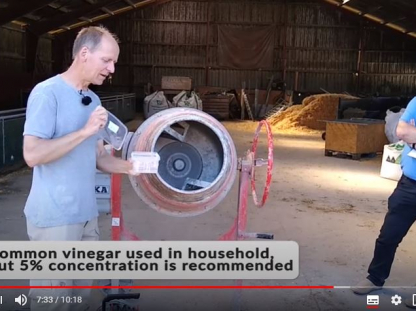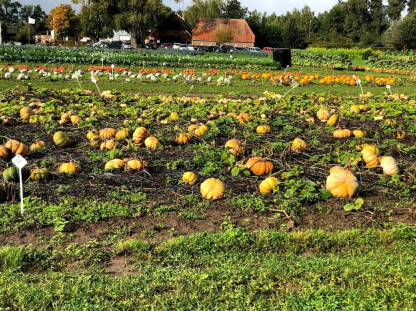How to adapt variety tests to the needs of the organic sector?
Workshop on the impacts of the new regulation on organic production on variety testing
In most parts of the EU, variety testing is performed under conventional conditions, which means the testing criteria are not adjusted to the needs of organic farming. However, this approach creates some setbacks in the registration of organic varieties, and farmers do not receive enough information about varieties that perform well in our agricultural system. According to the LIVESEED survey, farmers consider the lack of certified organic seed of suitable varieties to be the most pressing problem that hinders organic agriculture.
In addition to presenting these problems, the workshop, which was organized jointly by LIVESEED and INVITE Horizon 2020 projects and took place in Brussels, focused on issues related to the new regulation 2018/848 on organic production, organic heterogeneous materials (OHMs), and organic varieties suitable for organic production (hereinafter: organic varieties, OV).
The aim of the organizers was to emphasize the need for variety trials conducted under organic conditions. They also wanted to draw attention to the need for official trials on registering varieties and for post-registration studies to assess the suitability of varieties and how they perform in particular regions.
Organic and traditional breeders, national authorities, decision makers and the representatives of the CPVO (Community Plant Variety Office) participated in the workshop.
The presentation on LIVESEED and INVITE projects was followed by talks from organic breeders, then Thomas Weber, representative of the Directorate-General for Health and Food Safety of the European Commission informed the participants about a seven-year experiment to be initiated in 2021. The aim of this experiment is to develop alternative DUS and VCU testing methods adapted to organic varieties.
During the afternoon session, participants immersed themselves in the following topics:
- Description and characteristics of organic varieties
- Outcrossing species DUS (forage & arable crops, vegetables)
- Self-pollinating species DUS (forage & arable crops, vegetables)
- Outcrossing species VCU (forage & arable crops, vegetables)
- Adapted VCU parameters for self-pollinating species (forage and arable crops, vegetable) and clones (potatoes)
- Adapted Plant Variety Rights & Production rules
The LIVESEED workshop was closely connected to the meeting of the Directorate-General for Health and Food Safety of the European Commission, that took place on the next day, on a temporary Experiment on a testing regime for organic varieties suitable for organic production.








